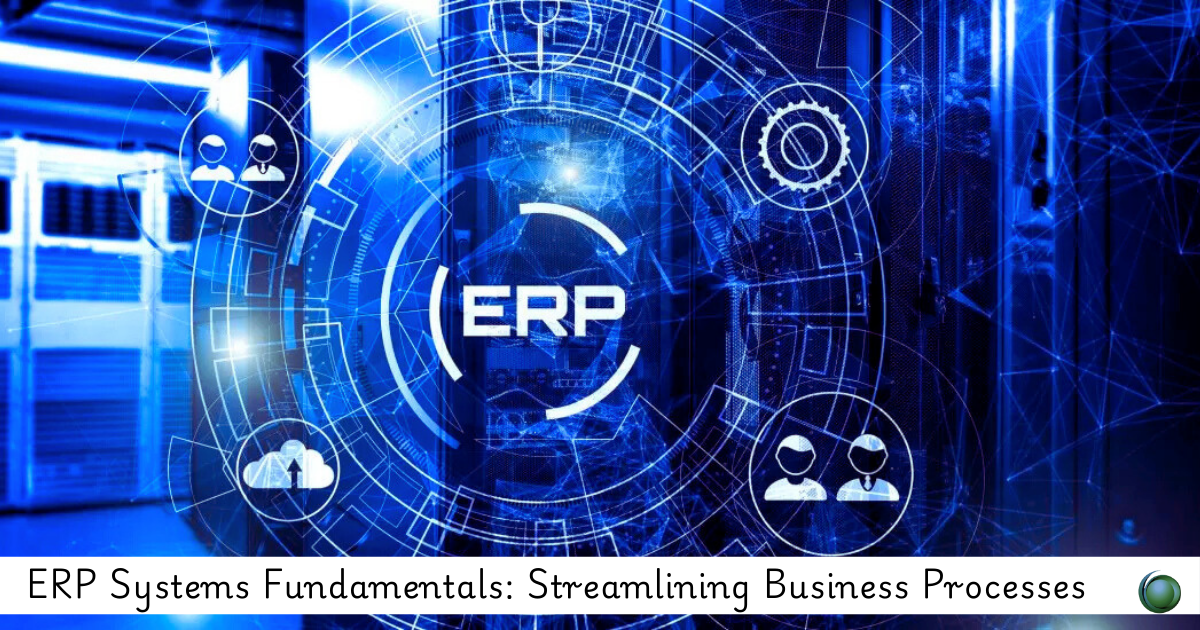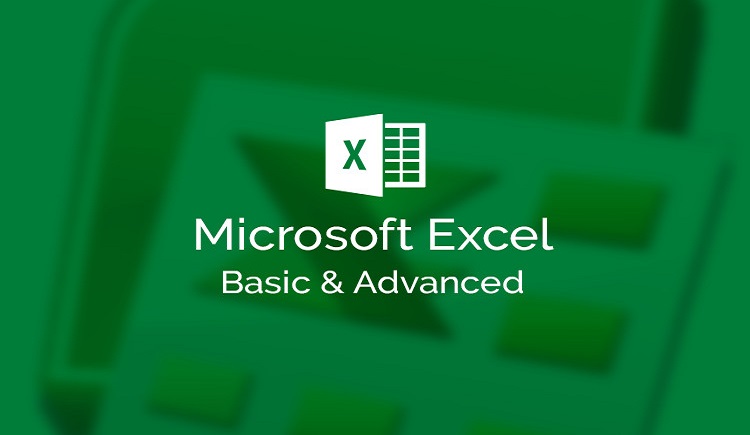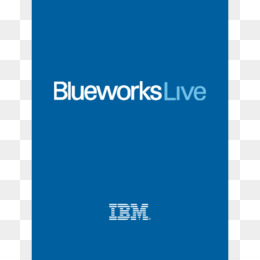Description
Introduction of ERP Systems Fundamentals
Enterprise Resource Planning (ERP) systems are at the heart of modern businesses, serving as essential tools for integrating and managing core business functions such as finance, human resources, supply chain, manufacturing, and customer relationship management. This course, ERP Systems Fundamentals: Streamlining Business Processes, introduces participants to the fundamental concepts of ERP systems and how they streamline and optimize business processes across an organization.
The course will cover the architecture of ERP systems, key modules and functionalities, and the benefits of implementing ERP solutions. Participants will also explore real-world use cases of ERP implementations and gain insights into how ERP systems help organizations achieve greater efficiency, better decision-making, and competitive advantage. By the end of the course, attendees will have a foundational understanding of how ERP systems work and their role in driving business transformation.
Prerequisites:
- Basic understanding of business operations (e.g., finance, supply chain, HR)
- Familiarity with using software applications in a business context (optional but beneficial)
- No prior experience with ERP systems required
Table of Contents:
Conclusion
ERP systems are transformative tools that help organizations unify and streamline their operations, enabling better decision-making and increased efficiency. By understanding ERP fundamentals, businesses can leverage these systems to improve resource allocation, reduce operational costs, and adapt to changing market needs. With emerging trends like AI, IoT, and blockchain shaping the future of ERP, organizations can look forward to more innovative and flexible solutions to meet their evolving requirements. Implementing an ERP system is not just a technological upgrade but a strategic move toward achieving sustainable growth and competitive advantage.







Reviews
There are no reviews yet.